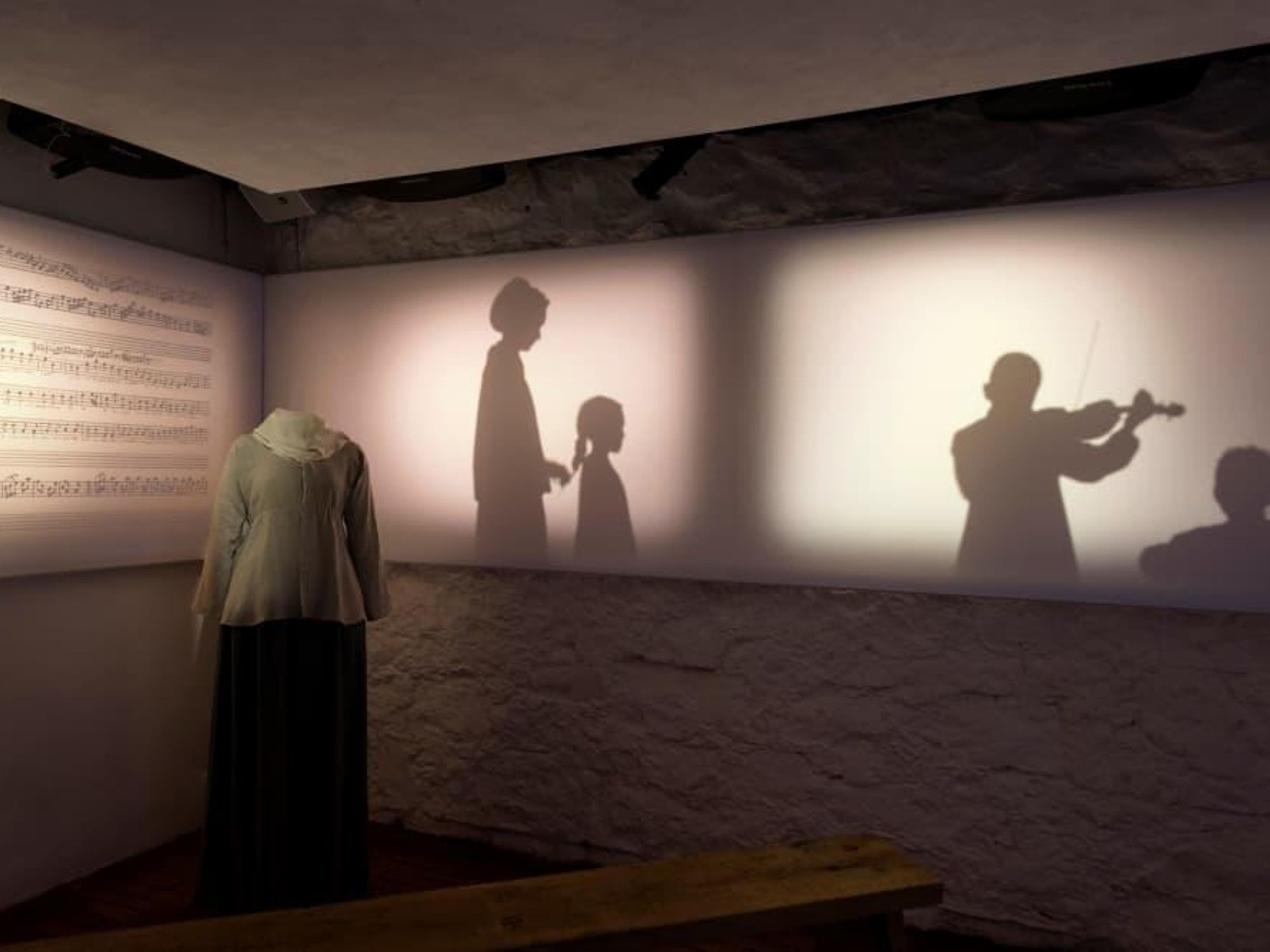African American Museum
New landmark slavery exhibit makes U.S. premiere at Dallas-Fort Worth museum

Dallas-Fort Worth will have the first opportunity to explore a groundbreaking new touring exhibition, "Slavery at Jefferson’s Monticello: Paradox of Liberty," opening September 22 at the African American Museum in Fair Park.
The exhibit uses Monticello, the home and plantation of Thomas Jefferson, to explore the dilemma of slavery and the lives of the enslaved families and their descendants. Jefferson owned over 600 slaves through the course of his lifetime.
Visitors will view more than 300 objects, works of art, documents, and artifacts that were found at the plantation. Never-before-seen items will be on display, as well as a special feature on Sally Hemings, one of the most famous African American women in American history and mother of at least six of Thomas Jefferson’s children.
“'Slavery at Jefferson’s Monticello: Paradox of Liberty' explores how the author of the Declaration of Independence who introduced a fledgling nation to the concept that all men are created equal could own slaves while 20 percent of Americans were also held in chains and designated 3/5 human," says T.D. Jakes, senior pastor of Dallas' The Potter’s House, in a release. "How do we view such contradictory posturing through a 21st century lens? I urge people of all ages and ethnic backgrounds to come and discover the other side of American History.”
The exhibit will give guests an in-depth perspective on the enslaved families who lived at Jefferson’s plantation and on how slavery affected their descendants. They'll also learn a bit about Jefferson’s views and actions — and inaction — against slavery at the time.
The exhibition began as a partnership between the Thomas Jefferson Foundation at Monticello and the Smithsonian National Museum of African American History and Culture, in Washington, D.C. and traveled on a four-venue tour between 2012 and 2015. Dallas is the first city to display the updated exhibition, which includes a special emphasis on Hemings.
According to the release, highlights of the updated exhibit include:
• A featured section on Sally Hemings and her children.
• “Picturing Mulberry Row,” a digital recreation of the lost landscape of Mulberry Row, the industrial hub of Jefferson’s plantation that describes how the plantation thoroughfare changed over the course of Jefferson’s lifetime.
• The Getting Word film introduces some of the descendants of Monticello’s enslaved families, shares their perspectives on the role of Monticello in their family histories, and highlights the important contributions their families have made towards shaping America.
• New descendant stories, recorded by Monticello historians through the Getting Word Oral History Project since 2012.
• Slavery at Monticello App: Debuted in 2015, the app makes use of the most recent scholarship on Monticello’s enslaved community and the activities and livelihoods centered on Mulberry Row.
Gayle Jessup White, Monticello’s community engagement officer who is also a descendant of Jefferson and the Hemings family, says in a release, “our sweeping American story, wonderful and woeful as it is, leaves out too many people who have been denied and disregarded, folks who should be returned to our national narrative. This exhibition breathes life into those forgotten individuals, restoring to them their humanity and their place in history.”
"Paradox of Liberty" will be open Tuesday through Saturday from 11am-5pm. Tickets cost $10 for adults and $5 for kids 3-12. Thursdays are free for seniors aged 65 or older.
